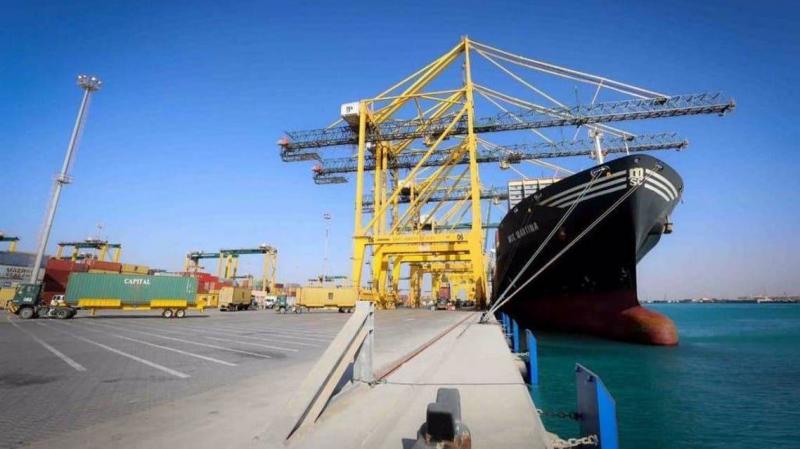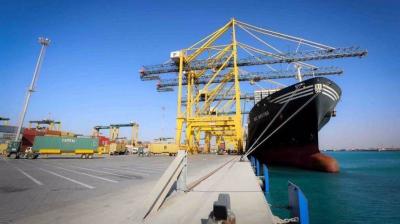Saudi Arabia has made progress in the maritime navigation connectivity index with global shipping lines, as reported in the UNCTAD report for the third quarter of 2021. The country achieved a score of 70.68, making it the most advanced regionally in terms of this index, reflecting the Kingdom's efforts to enhance its competitiveness and strengthen its international presence in the maritime transport sector.
Saudi Arabia's rise in the global index comes despite the challenges posed by the COVID-19 pandemic, which led to increased shipping costs. This advancement is directly attributed to partnerships formed by the General Authority for Ports with operators and major global shipping lines. Additionally, the government's role, represented by the Zakat, Tax, and Customs Authority and the General Directorate of Border Guards, has been significant in developing the Kingdom's maritime ports, supporting their competitiveness, and enhancing infrastructure, along with expanding maritime transport lines and improving operational and logistical service processes. These efforts contribute to achieving the National Transport and Logistics Strategy goals through various programs and initiatives aimed at reinforcing the Kingdom's leadership in the region and transforming it into a global logistics hub.
Recently, "Ports" launched five shipping lines, resulting in a 116% increase in cargo handling of total container volume, reaching 418,462 TEUs from the beginning of the current year until the end of September 2021. Omar bin Talal Hariri, Chairman of the General Authority for Ports, emphasized that the continuous growth and stable, strong performance of the Kingdom in the UNCTAD index since 2019 confirm its distinguished position as a nation increasingly connected to the world and the global economy. Through ongoing infrastructure development and operational capacity enhancement, Saudi ports have effectively improved maritime communication channels and significantly elevated the Kingdom's competitiveness.
Hariri stated, "We are proud of the Authority's contribution to these achievements, and we will intensify efforts to reach further successes aspired to by the ambitious leadership of the Kingdom, under the guidance of His Excellency the Minister of Transport and Logistics Services and Chairman of the General Authority for Ports, Saleh bin Nasser Al-Jasser, as part of the National Transport and Logistics Strategy in line with Vision 2030."
He added that work continues diligently to empower the regulatory and commercial environment of the ports sector, ensuring its efficiency and reliability at all times, while also promoting successful partnerships between the public and private sectors and encouraging a culture of innovation. This is based on the Kingdom's strategic location, which sits at the crossroads of three continents, aimed at contributing to the development of a sustainable and prosperous maritime sector to reinforce the Kingdom's position as a global logistics hub and enable its economic and developmental ambitions.
The global index, which measures the level of connectivity of ports in countries worldwide with shipping networks every quarter, aims to assist countries in identifying challenges and discovering opportunities to enhance their performance in logistics services. The maritime navigation connectivity index includes several sub-indicators, notably the number of scheduled ship visits to the country weekly, the capacity of vessels in TEUs, and the number of regular service routes provided by shipping lines to and from the country.
Notably, the Kingdom is experiencing continuous growth in the maritime transport sector, benefiting from its strategic geographical attributes that make it the main commercial gateway in the region, overseeing some of the most significant waterways, such as the Red Sea and the Arabian Gulf, while also being situated at the heart of three continents: Asia, Europe, and Africa.




